Hope in Times of War: The Fascinating Story of the Lottery in Prisoner Camps
Discover the incredible tale of resilience and unity among British prisoners of war during World War II, who organized a lottery in the camps to sustain hope and community spirit.
The Lottery House
tags:
history
lottery
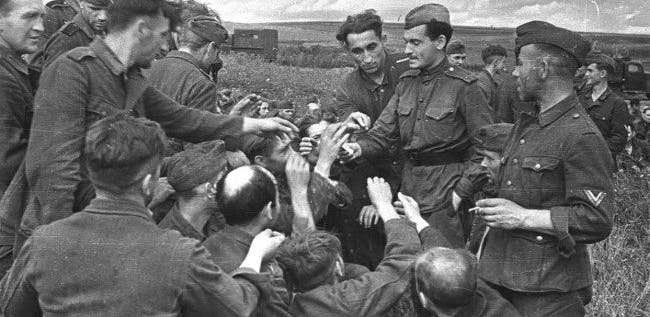
The Struggle for Survival and Humanity in Wartime
Amidst the chaos and devastation of World War II, a less-told but profoundly inspiring story emerges from prisoner-of-war camps: the unexpected creation of a lottery by British prisoners. These camps, marked by extremely harsh and desperate conditions, became unlikely stages for solidarity and human resilience.
This unique initiative began as a way to alleviate the weight of captivity. Faced with the harsh reality of their confinement, prisoners sought something that would help them momentarily forget the hardships of war. The lottery emerged as a response to this need, a means of symbolically escaping the physical and mental bonds imposed by war.
Historical Context: Life in Prisoner-of-War Camps
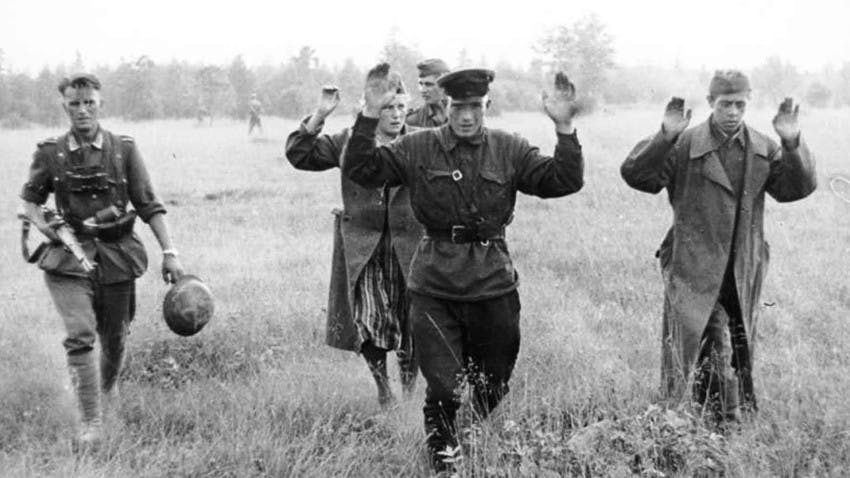
During World War II, many British soldiers were captured and confined in prisoner-of-war camps controlled by Axis forces. These camps were characterized by a severe shortage of basic resources, unsanitary conditions, and a constant state of uncertainty and fear. Prisoners faced not only the physical challenges of hunger and disease but also the psychological battle against discouragement and loss of hope.
Lottery Initiative
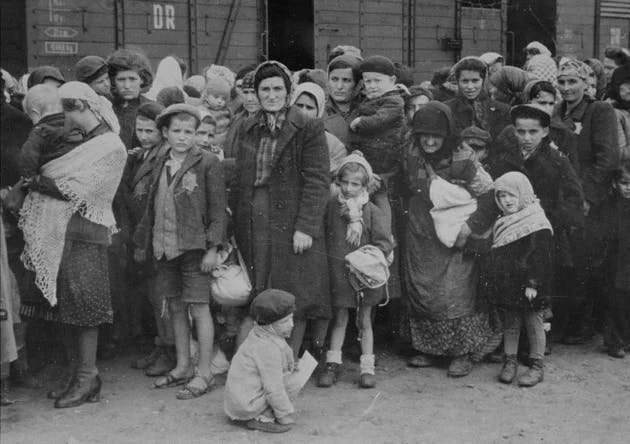
In an act of extraordinary creativity and unity, British prisoners organized a lottery within the camps. This initiative was not only a way to raise funds to improve living conditions in the camp but also a means to bring some relief and entertainment in an environment of extreme restriction.
The lotteries organized by prisoners usually involved items they could have on hand or that held value within the context of the camp. This could include food, cigarettes, small personal items, or even favors and services. For example, a prisoner could "bet" an extra portion of food or a valuable item they had somehow obtained.
The drawing methods varied. Some could be as simple as drawing sticks of different lengths, while others could involve numbers or more elaborate systems, depending on the available resources and the prisoners' creativity.
The Crucial Role of the Red Cross
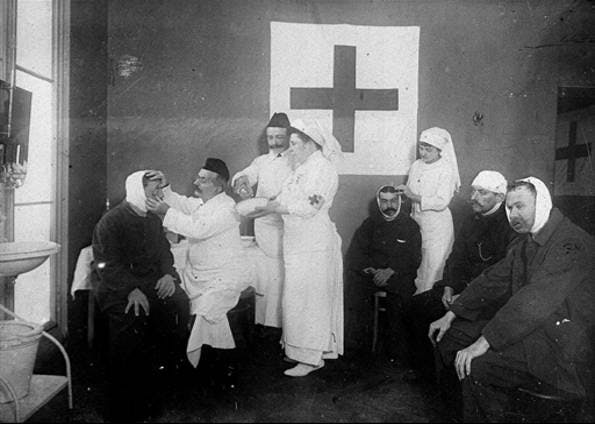
The Red Cross played a crucial role in the lives of prisoners, often being the only source of external help. On certain occasions, this organization discreetly supported lottery activities, providing materials or facilitating the arrival of items that would become prizes. This support not only eased physical needs but also brought significant psychological comfort, reinforcing the sense that they were not entirely forgotten by the outside world.
Beyond the Game
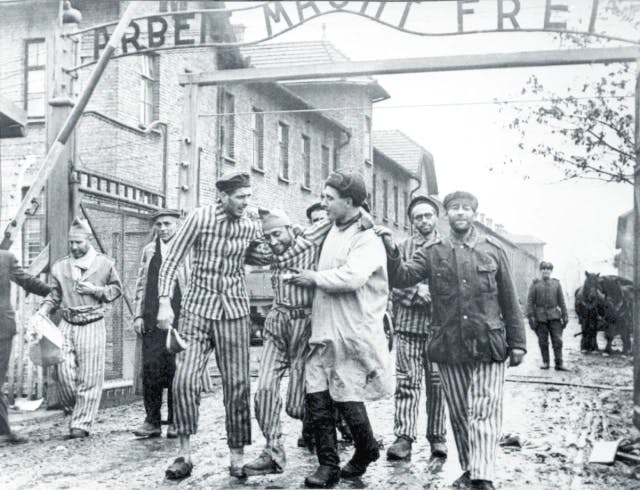
The lottery in the prisoner-of-war camp transcended the idea of a simple game of chance. It became a vital instrument to keep the prisoners' morale high. In an environment where small victories and joys were rare, the lottery represented a break from the monotony and despair of captivity. It was a way for prisoners to remember that, despite the circumstances, there was still room for hope.
The Millennia-Old Tradition of the Lottery and Its Presence in History
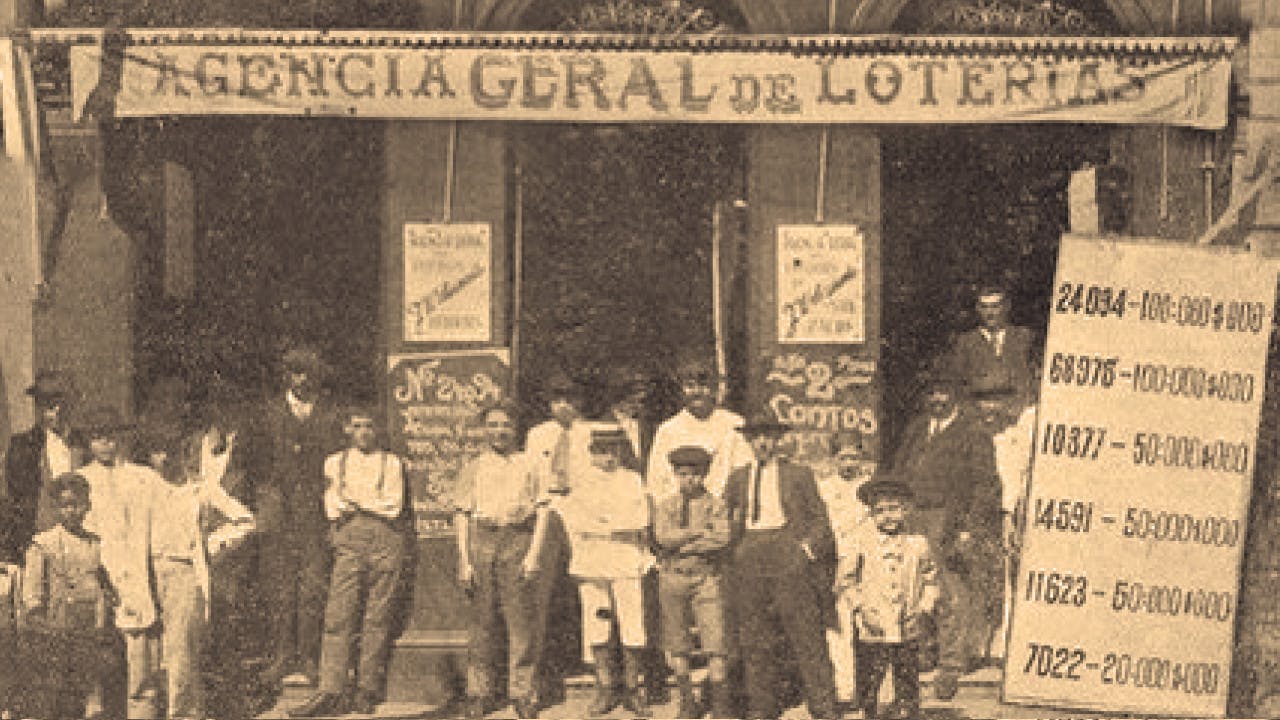
The lottery is an ancient tradition that has always been part of people's history. It has been used for various purposes, such as helping fund major constructions and serving as a form of entertainment and unity among people. But in places like prisoner-of-war camps, the lottery gained even greater significance. There, it became a symbol of resistance and hope. In the midst of challenging situations, the lottery became a way to bring a little joy and unity, showing how people can support each other and find strength even in the toughest times.
The Power of Hope in Times of Challenge
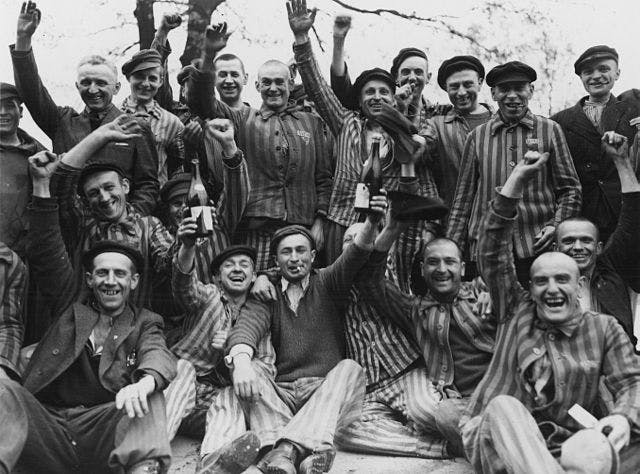
It's essential to note that these activities were generally tolerated by the camp guards, as long as they didn't cause disturbances or attract unwanted attention. In some cases, lotteries or gambling among prisoners might even be encouraged by the guards as a form of control or distraction.
These lotteries were more than just a pastime; they represented a form of psychological resistance against oppressive conditions, helping prisoners maintain a sense of agency and community in an extremely challenging environment.